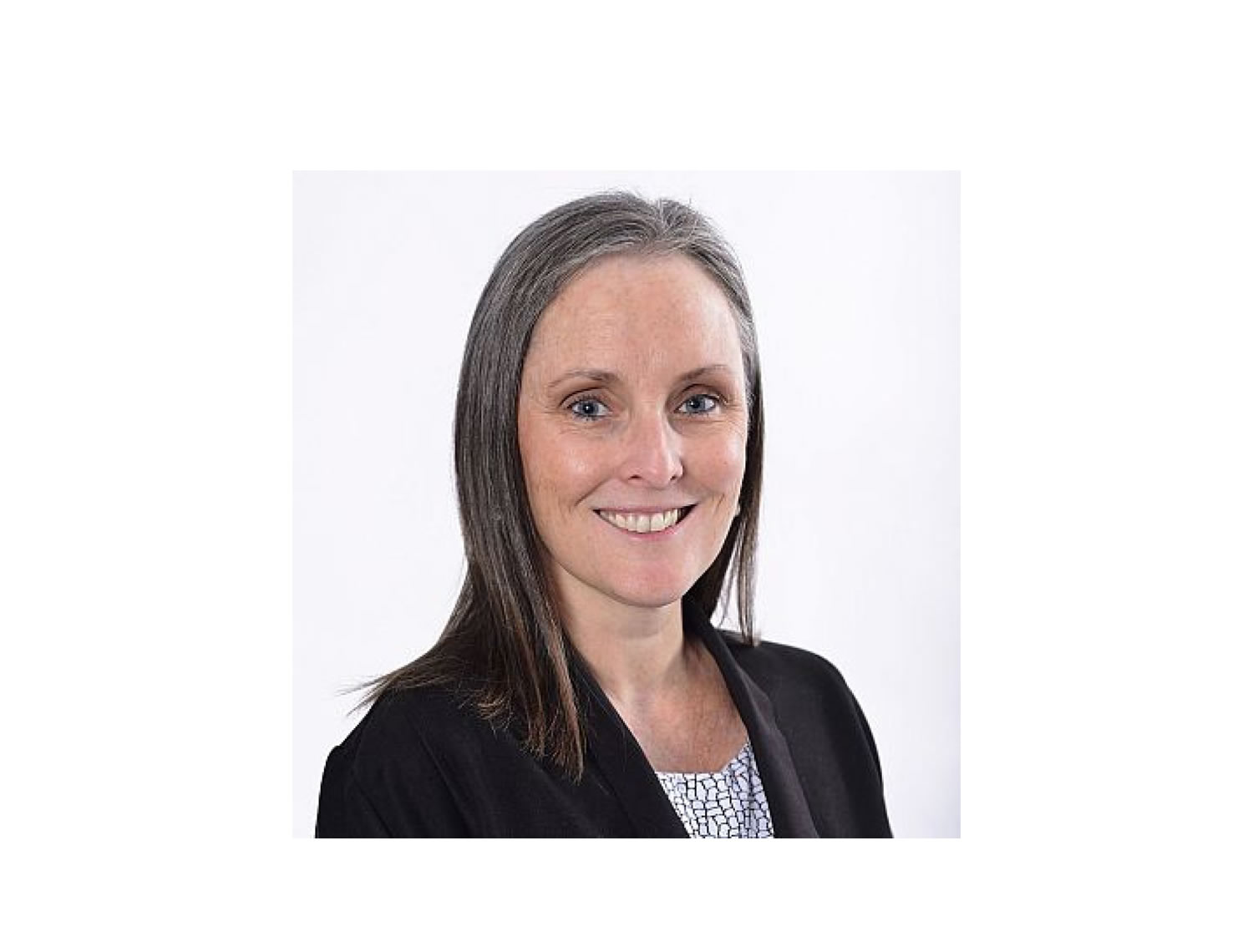Chief Specialist Scientist at the South African Medical Research Council (SAMRC) Professor Caradee Yael Wright has advanced from C2 to a B1 National Research Foundation (NRF) rated scientist.
This new rating places her among researchers who enjoy considerable international recognition by their peers for the high quality and impact of their research output.
According to the NRF, the B1 rated scientist is someone that “all reviewers are firmly convinced that the applicant enjoys considerable international recognition for the high quality and impact of his/her recent research outputs, with some of them indicating that he/she is a leading international scholar in the field.”
Professor Wright is a respected scientist on the climate change and health stage, with over 200 peer-reviewed journal-accredited academic publications. With a PhD in Preventive and Social Medicine, Professor Wright’s research has focused on environmental health epidemiology to understand climate change and air pollution impacts on human health and includes solar ultraviolet radiation dosimetry and skin cancer prevention and well-being to inform adaptation, interventions and policy development.
Having joined the SAMRC 10 years ago, Professor Wright has worked on and undertaken various local, regional and international projects such as, “Estimating the health impacts among communities living in proximity to coal-fired power stations in South Africa.” This study was funded by the Foreign Commonwealth and Development Office (FCDO) of the UK and completed earlier this year.
Further, the largest and most diverse project to date is the ongoing collaboration between 16 other partners on the PLANET4HEALTH project funded by the European Union (EU). The project is ongoing and seeks to support policy making processes and raise citizens awareness about sustainable planetary health, climate & environmental policies, and adaptation and mitigation strategies to natural hazards. There are 4 case studies and the SAMRC leads case study 2 on, “Air pollution and health in South Africa: towards forecasting and preventing ill health effects.” Additionally, the team is gearing up to kick-off a World Health Organization (WHO) Taxi Project that speaks to work being done in relation to heat, air quality and ethics in South Africa and Kenya.
Closer to home, Prof Wright is involved in the Resilient Youth Not in Employment, Education or Training (R-NEET) project, led by the University of Pretoria and funded by the Wellcome Discovery Grant. This pioneering study examines how poverty affects youth mental health, particularly depression, in collaboration with partners in Nigeria, the UK and Canada.
Other funders, such as the Clean Air Fund (CAF) have also funded a study within the Programme on, “Assessing air pollution-related health outcomes in the three air pollution priority areas in South Africa” to understand the impacts of air pollution (ambient/outdoor) on human health within the three government Air Pollution Priority Areas.
Professor Wright also contributes to academic development at institutions such as the University of Pretoria (UP), University of Johannesburg (UJ), and the University of Cape Town (UCT), where she provides postgraduate supervision and co-supervision support.

